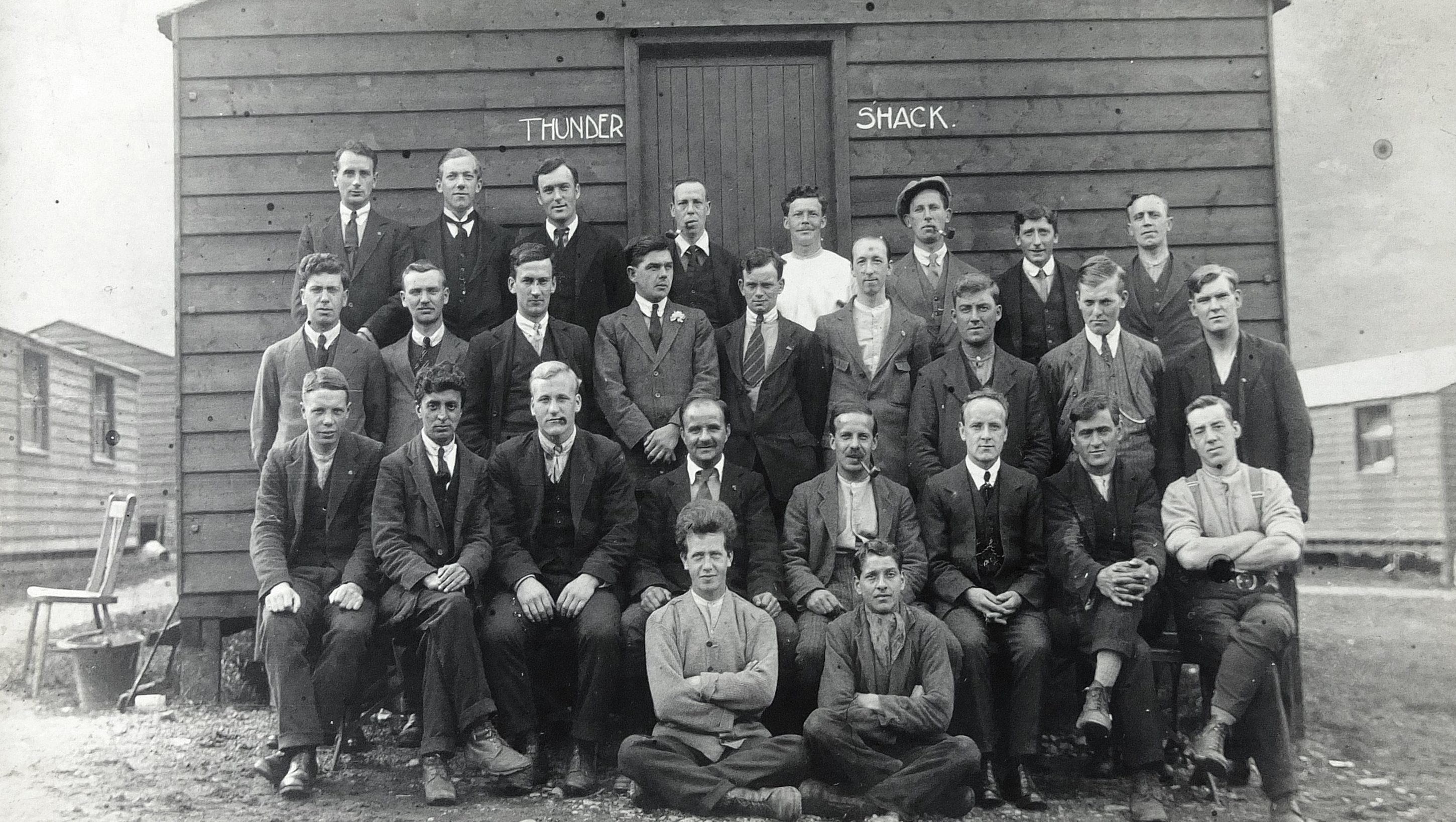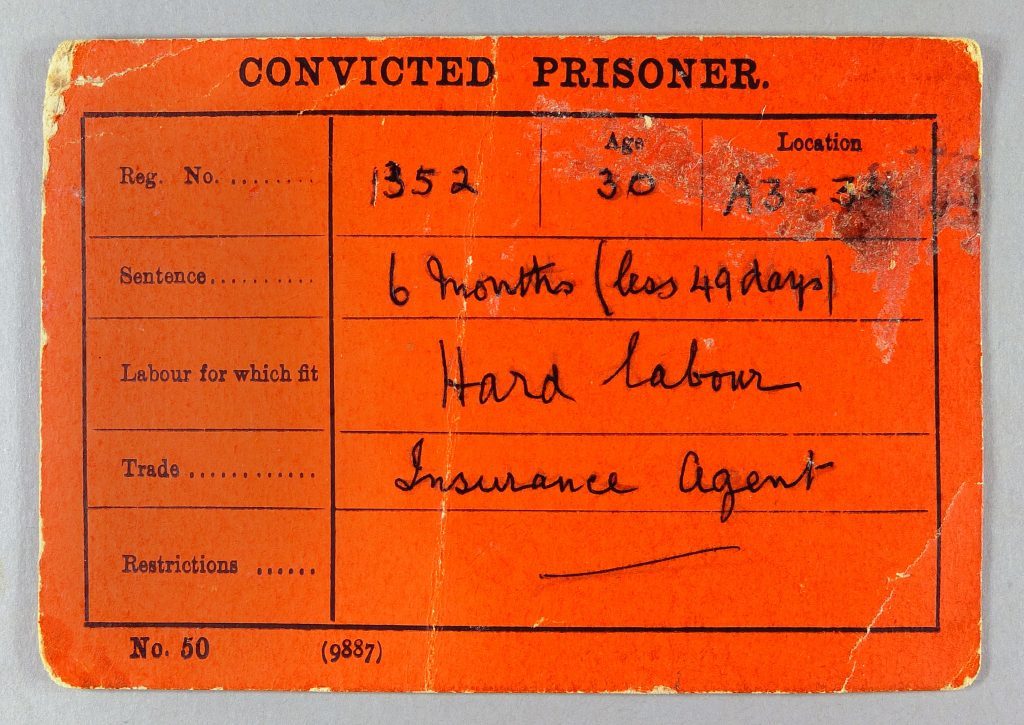It has been said that after the outbreak of the First World War, there was no phrase more damning than “I am a conscientious objector”.
It inspired naked aggression in many people of the day and saw those “brave” enough to adopt the stance face persecution, physical attacks and stern legal action on a grand scale.
Dundee may seem an unlikely hotbed for conscientious objection as the city’s young men, filled with nationalist fervour, rushed to conscript and join the war effort.
However, as Dr Billy Kenafick will explain in the last of the Abertay Historical Society’s latest season of talks, it was also a leading centre for the anti-war movement.
Dr Kenafick, a senior lecturer at Dundee University and one of the leading figures behind the acclaimed Great War Dundee Project said the city had become divided by the two very different views of the conflict.
He said: “To counter falling voluntary military recruitment, the relative failure of the Derby Scheme and the massive losses sustained across the Western Front and Gallipoli during 1915, the British Parliament finally approved the Military Service Act in January 1916.
“This introduced conscription in Britain for the first time when the act came into force on March 2, 1916.
“This stimulated a great wave of protest that developed into an energetic home front crusade against conscription, led by anti-war Independent Labour Party (ILP) and their allies in many local communities in Scotland.”
While this was a country-wide campaign, Dr Kenefick notes that Dundee’s role in it was recognised as very significant.
He said “By April 1917 the ILP newspaper, Forward, made special mention of Dundee, noting that the city was “fair hotchin’ wi conchies”.”
Dr Kenafick’s research has also shown that the following year the same periodical reported that Dundee’s sons were to be found “in every prison and penal centre set apart for conscientious objectors to militarism”.
Many of those who refused to fight faced ostracism in their communities and the conscientious objection movement as a whole was brutally attacked at every turn by a vicious press.
Media reports of the day record the pacifists being harangued in makeshift local courts and tribunals where local worthies, judges and clergyman sat in judgement.
At one tribunal in West Glamorgan, Wales, a tribunal member told the conscientious objector in front of him: “A man who would not help to defend his country and womankind is a coward and a cad”.
That poor man was also denounced as “a shivering mass of unwholesome fat”.
Dr Kenafick’s lecture takes place in lecture theatre 2 at Dundee University’s Dalhousie Building on Wednesday April 11 at 6.30pm, following the society’s AGM.
Admission is free and open to all, but non-members are requested to consider making a small donation to the society.
Ewan Geddes Carr
The talk will take a particularly close look at one conscientious objector in particular – a man by the name of Ewan Geddes Carr.
Born into a politically aware family raised in Dundee’s Overgate area, he was a prominent ILP member and peace advocate.
He was opposed to the reasons for the war, refused to fight and spoke out against conscription and conflict.
Along with other Dundee conscientious objectors, Carr found himself in trouble with the law and was taken into custody.
The People’s Journal of Saturday September 23 1916 reported that he and five other men had appeared at Dundee Police Court.
They were charged with “failing to report themselves for military service without reasonable excuse”.
Carr spent the subsequent war years in multiple British prisons and camps.
Once released, he continued to play the role of activist in Dundee and became a significant political operator, playing a part in removing Winston Churchill as MP for Dundee in 1923.











